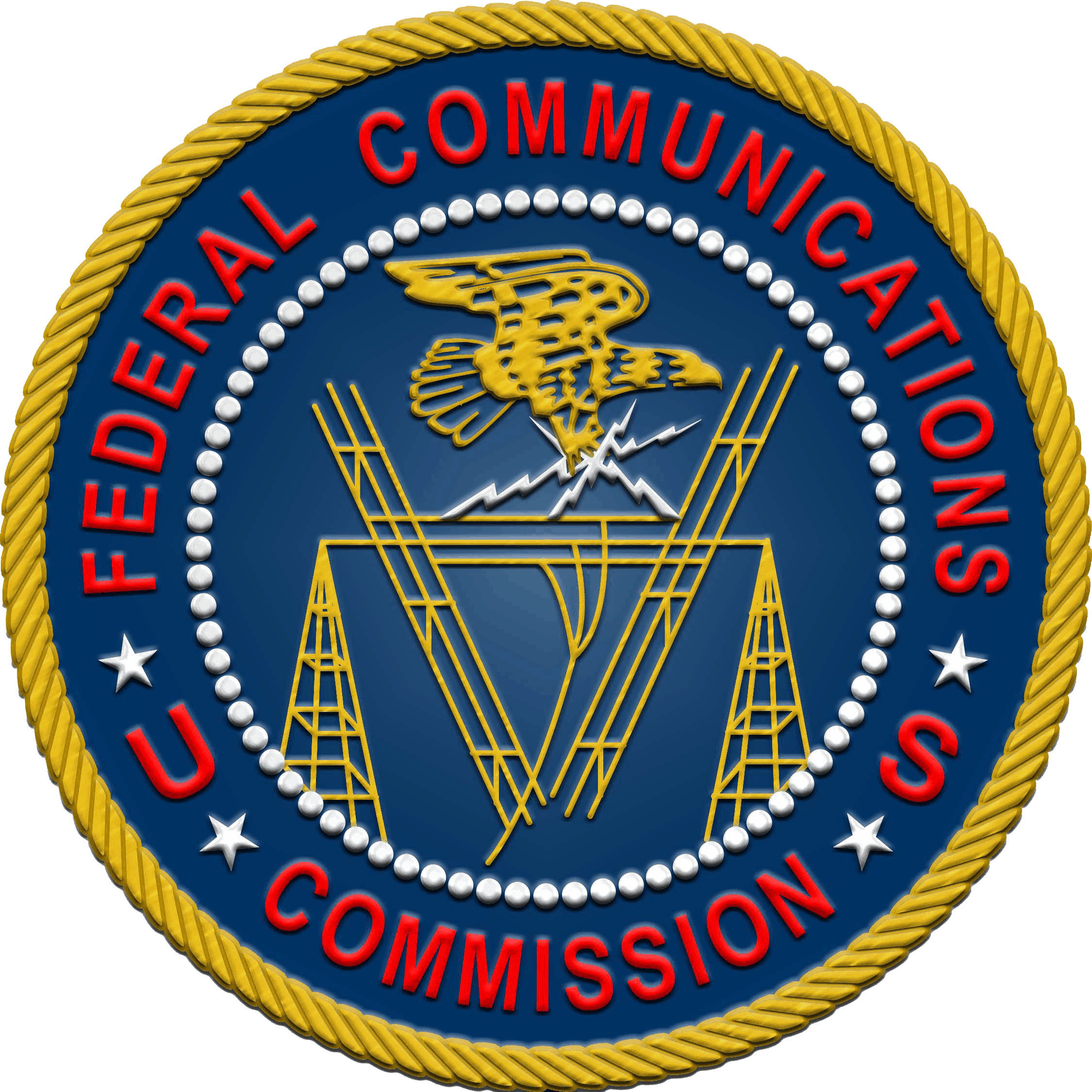Discard Static Market Analysis, Let Sprint and T-Mobile Merge

 The Competitive Enterprise Institute has been making a convincing case for a swift and condition-free approval from regulators of the proposed Sprint and T-Mobile merger since the beginning. It’s always nice, however, when someone from the Massachusetts Institute of Technology agrees with you. A recent study from MIT research associate Dr. William Lehr makes some of the points we’ve been advocating here on the blog and out in the news media.
The Competitive Enterprise Institute has been making a convincing case for a swift and condition-free approval from regulators of the proposed Sprint and T-Mobile merger since the beginning. It’s always nice, however, when someone from the Massachusetts Institute of Technology agrees with you. A recent study from MIT research associate Dr. William Lehr makes some of the points we’ve been advocating here on the blog and out in the news media.
Lehr’s findings reflect the reality of a dynamic marketplace. The choice is not between today’s four major carriers and a merger-approved world with only three carriers, reducing competition in this industry. In fact, the choice is between today’s two major carriers (Verizon and AT&T) racing toward a 5G world, two lesser carriers (Sprint and T-Mobile), currently not able to compete at the 5G level, and a merger-approved world with three major carriers, all competing for 5G consumers. That’s more competition, customer benefit, and a faster path to a 5G world.
Justification for antitrust intervention often requires a static view of the economy. With the (false) idea that everything will carry on just as it is today, how could anyone claim that having three big carriers would be more competitive and better for consumers than having four? But if the always-changing nature of the marketplace is acknowledged, it’s easy to see the folly of antitrust actions.
The Sprint/T-Mobile merger is a great example. 5G is the next generation of communications. Without allowing Sprint and T-Mobile to pool their resources to achieve the economies of scale necessary to bring a third horse into the 5G race, it’s reasonable to assume that consumers will have two 5G options, instead of three, and that Sprint and T-Mobile might not even survive.
For the sake of consumers, antitrust regulators should allow Sprint and T-Mobile to merge. And the sooner the better.
For more on antitrust developments and the Federal Communications Commission, see the recent statement CEI Appeals Unlawful Conditions FCC Imposed on Cable Provider Merger.